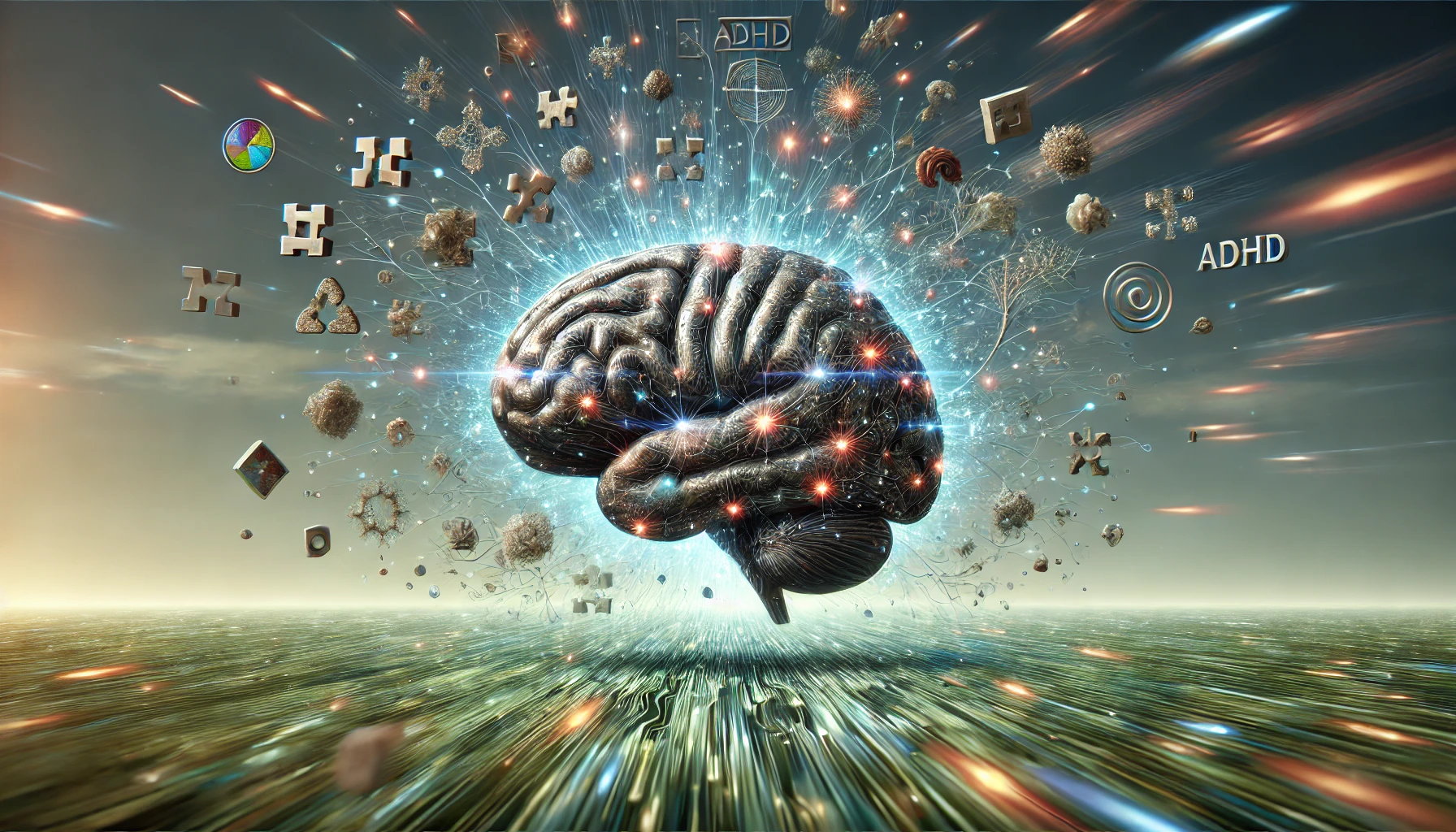
As a child psychologist with 15 years of experience, I've seen firsthand how ADHD affects teenagers and their families. Last week, I met Sarah, a bright 15-year-old who had been struggling in school despite her obvious intelligence.

As a clinical psychologist specializing in neurodevelopmental conditions, I've witnessed countless patients struggle with ADHD burnout - a devastating cycle of exhaustion that goes beyond typical fatigue.

As a clinical psychologist specializing in attention disorders for over 15 years, I've witnessed countless patients struggle with what they describe as "terrible memory".

When my patients talk about their emotions, they often describe it as being on a constant rollercoaster, I tell medical students during their training.

When it comes to impulsive behaviors, attention deficit/hyperactivity disorder (ADHD) and binge-eating disorders seem to be singing from the same songbook. Like two partners in crime, these conditions often go hand-in-hand, leaving a trail of evidence that has researchers hot on their heels.

For those waging war against the attention deficits and hyperactive tendencies of ADHD, the quest for calm concentration often feels like trying to herd renegade cats.

Attention-Deficit/Hyperactivity Disorder (ADHD) is commonly perceived as a behavioral condition characterized by inattention, hyperactivity, and impulsivity.

ADHD is a neurological condition related to dopamine deficiency – a critical neurotransmitter guiding motivation, reward, and executive functioning. This deficit can manifest in several financial behaviors that are less about money and more about the brain's search for dopamine.